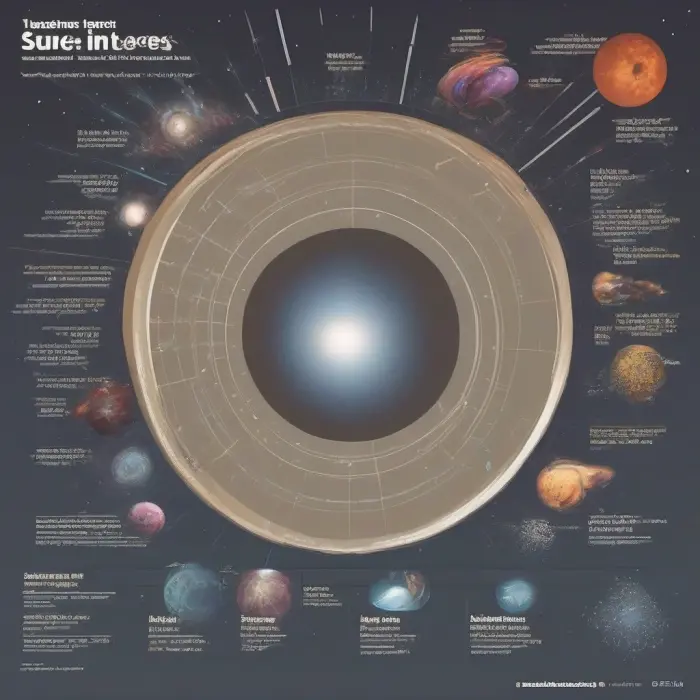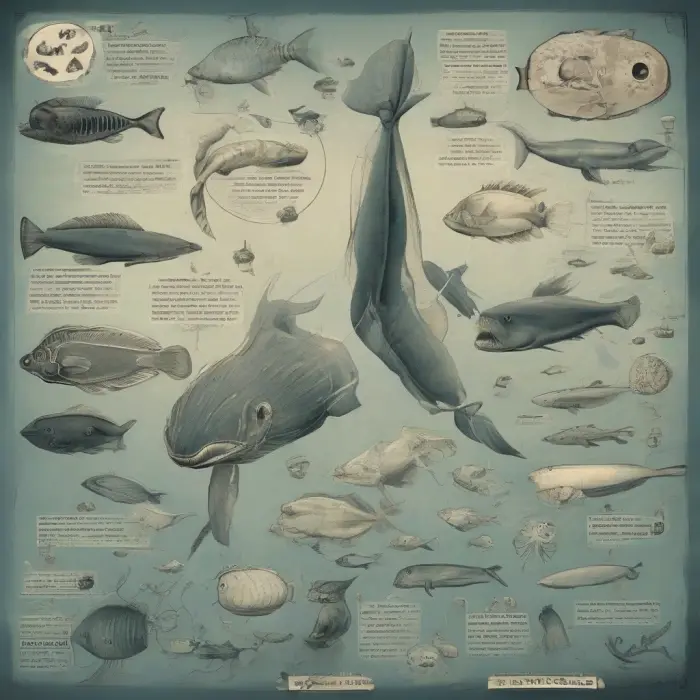Intriguing Facts About the Impact of Social Media on Politics
Over the years, the world has experienced a tremendous shift in the way information is received and disseminated. At the forefront of this trend is the powerful wave of social media platforms, which have proven to hold significant influence on virtually all aspects of human life. A particularly interesting area that social media has played a significant role in is politics.
The Power of Social Media in Political Mobilization
One of the most intriguing facts about the influence of social media on politics is the capacity it has on political mobilization. During election cycles, politicians and their campaign teams leverage social media platforms to reach a larger audience. In more recent times, social movements such as 'Black Lives Matter' and 'Me Too' have used social media as a tool to rally global support. This power to mobilize politically has changed how political parties and civil rights groups conduct their activities.
Direct Communication Between Politicians and the Masses
Before the advent of social media, politicians communicated with the electorate via traditional media outlets including newspapers, radios, and televisions. However, social media has revolutionized this system, enabling politicians and leaders to have direct conversations with their followers. A tweet from a president or a Facebook post from a mayor now has the potential to generate global headlines.
The Role of Social Media in Election Outcomes
With its ability to reach and influence a vast audience, social media undoubtedly plays a key role in shaping voting decisions. Studies suggest that political campaigns that effectively use social media platforms tend to perform better than those that don’t. For instance, Barack Obama's 2008 presidential campaign was cited as one of the most successful campaigns due to its efficient use of social media to engage, organize, and mobilize voters.
Spread of Fake News and Misinformation
However, it's necessary to consider the negative impact of social media on politics. One serious concern is the spread of fake news and misinformation. Fabricated stories and manipulated graphics can go viral through social media, often causing confusion and casting doubts among voters. This raises questions about the legitimacy of election results and the overall integrity of political processes.
Data Privacy Concerns
Another sticking point is data privacy. In recent years, there have been instances where improper use and potential manipulation of user data for political campaigns came to light. This underlines the urgent need for stringent regulatory controls over how political entities use social media data during campaigns.
In conclusion, the intersection of social media and politics offers a fascinating study of how digital platforms can amplify political communication, mobilization, and participate in the spread of misinformation. Considering the evolving dynamics of this relationship, it's imperative for policymakers, researchers, and citizens to further understand and navigate this new political landscape.










